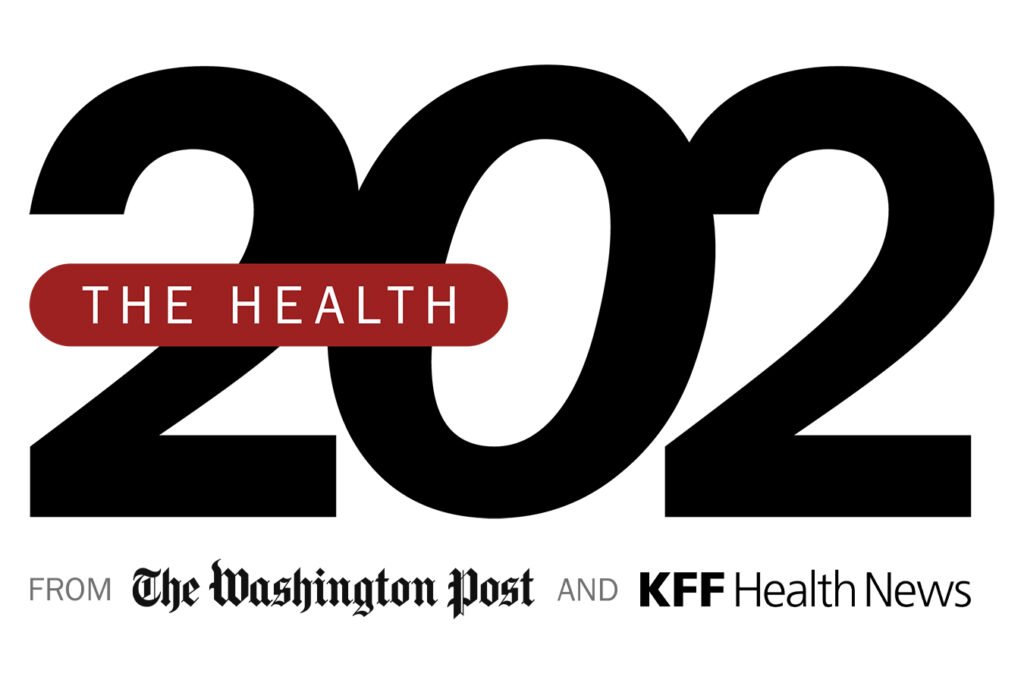We’re midway by the Medicaid “unwinding,” wherein states are dropping individuals from the federal government medical health insurance program for the primary time because the pandemic started.
Tens of millions of individuals have been dumped from the rolls since April, usually for procedural points like failing to answer notices or return paperwork. However on the identical time, hundreds of thousands have been re-enrolled or signed up for the primary time.
The web consequence: Enrollment has fallen by about 9.5 million individuals from the file excessive reached final April, in response to the newest estimates by KFF, based mostly on state knowledge. That leaves Medicaid on observe to look, by the tip of the unwinding, rather a lot prefer it did in the beginning of the coronavirus pandemic: overlaying about 71 million individuals.
- “What we’re seeing just isn’t dissimilar to what we noticed earlier than the pandemic — it’s simply occurring on a much bigger scale and extra rapidly,” stated Larry Levitt, government vice chairman for well being coverage at KFF.
Enrollment churn has at all times been a characteristic of Medicaid, which covers low-income and disabled Individuals. Even earlier than the pandemic, about 1 million to 1.5 million individuals fell off the Medicaid rolls every month — together with many who nonetheless certified however did not renew their protection, Levitt stated.
Within the unwinding, lots of people have been disenrolled in a shorter time period. In some methods — and in some states — it’s been worse than anticipated.
The Biden administration predicted about 15 million individuals would lose protection underneath Medicaid or the associated Kids’s Well being Insurance coverage Program through the unwinding interval, almost half attributable to procedural points. Each predictions have been low. Primarily based on knowledge reported thus far, disenrollments are likely to exceed 17 million, in response to the KFF report, 70 % of them due to procedural reasons.
However about two-thirds of the 48 million Medicaid beneficiaries who’ve had their eligibility reviewed thus far bought their protection renewed. About one-third misplaced it.
Timothy McBride, a well being economist at Washington College in St. Louis, stated the nation’s traditionally low unemployment price means individuals who lose Medicaid protection usually tend to discover job-based protection or higher in a position to afford plans on Obamacare marketplaces. “That’s one motive why the drop in Medicaid just isn’t rather a lot worse,” he stated.
There are large variations between states. Oregon, for instance, has disenrolled simply 12 % of its beneficiaries. Seventy-five % have been renewed, in response to KFF. The remainder are pending.
On the different finish of the spectrum, Oklahoma’s dumped 43 % of its Medicaid beneficiaries within the unwinding, renewing protection for simply 34 %. About 24 % are pending.
States have various eligibility guidelines, and a few make it simpler to maintain individuals enrolled. For example, Oregon permits kids to remain on Medicaid till age 6 with out having to reapply. Everybody else will get as much as two years of protection no matter adjustments in revenue.
Joan Alker, government director of the Georgetown College Middle for Kids and Households, stated she stays frightened the drop in Medicaid enrollment amongst kids is steeper than typical. That’s notably bothersome as a result of kids often qualify for Medicaid at increased family revenue ranges than their dad and mom or different adults.
Greater than 3.7 million kids have misplaced Medicaid protection through the unwinding, in response to the middle’s newest knowledge. “Many extra youngsters are falling off now than previous to the pandemic,” Alker stated.
And after they’re dropped, many households battle to get them again on, she stated. “The entire system is backlogged and the flexibility of individuals to get again on in a well timed trend is extra restricted,” she stated.
The massive query, Levitt stated, is how lots of the hundreds of thousands of individuals dropped from Medicaid are actually uninsured.
The one state to survey these disenrolled — Utah — discovered about 30 percent were uninsured. Most of the relaxation discovered employer well being protection or signed up for sponsored protection by the Reasonably priced Care Act market.
What’s occurred nationwide stays unclear.
This text just isn’t accessible for syndication attributable to republishing restrictions. When you’ve got questions concerning the availability of this or different content material for republication, please contact NewsWeb@kff.org.
